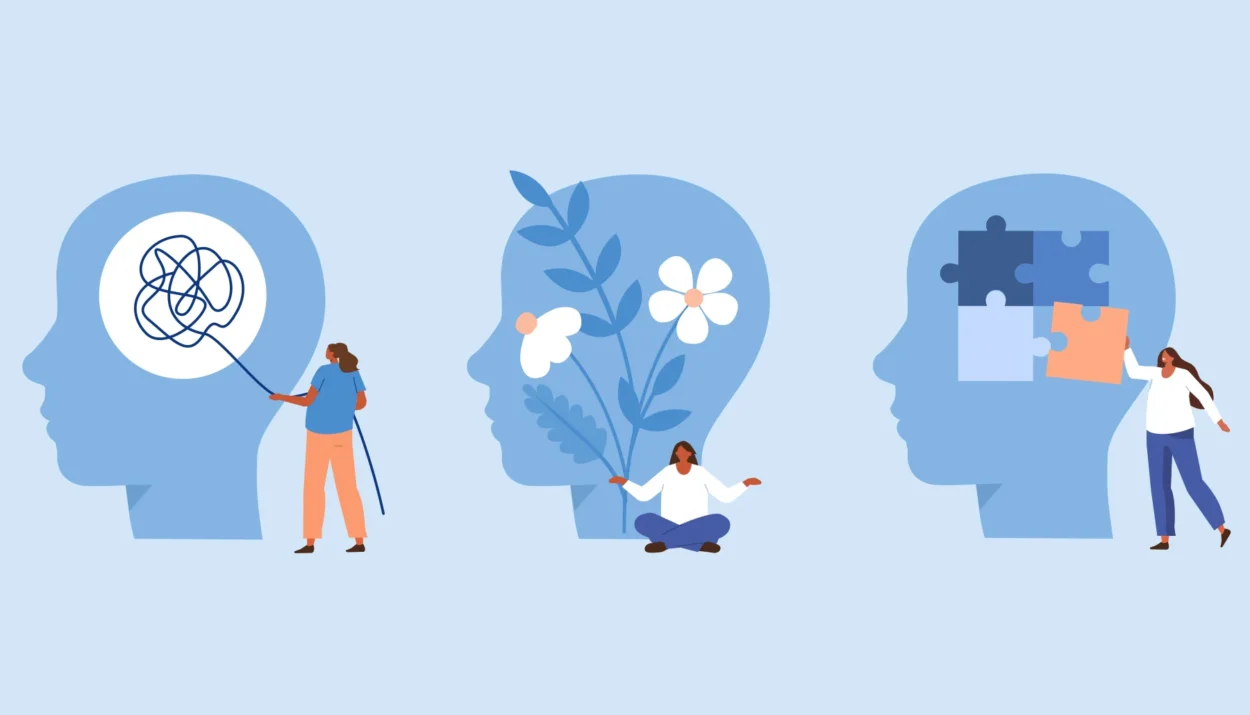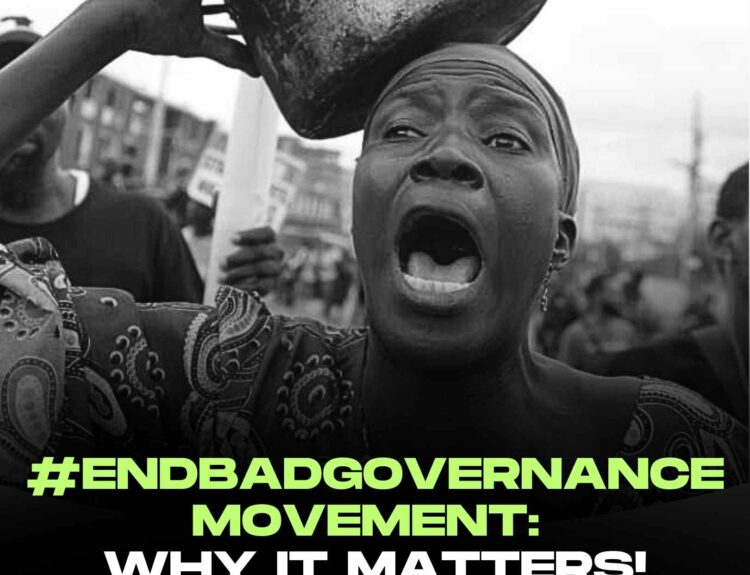No matter how much mental health discourse we have openly and publicly, one of the hardest pills to swallow is that nobody actually cares. The load is lighter when it’s only a discourse being had to while away time. But the second a mental health crisis unfolds, suddenly, we cannot imagine ourselves being capable of holding such conversations anymore.
For the Nigerian society that’s believed to be progressive, over time, actual mental health issues have been treated with little to no regard. In most cases, attitudes toward people dealing with mental health issues are passive-aggressive. As such, the number of mentally ill people grows, the silence intensifies, and yet, we have mental health awareness programs around us daily.
How we approach the topic of mental health illness still differs from our actions around it. It’s far easier to say to someone, “I’m always here for you,” until the need to be there for that person arises. On social media today, nearly everyone has a juicy mental health take. But the reality, is that nearly no one pays apt attention to real-life mental health issues. It’s as though, with how social media has been designed, everyone wants to sound progressive rather than do something to foster progressiveness.
Before now, talking about mental health issues was a subject clothed with shame. Over time, this shame has been redressed to assume a different look. It’s now a “woke” lingua that suggests we all know about it and will do better now. It’s become easier to loosely drop takes on mental health topics than addressing real-life mental health challenges around us.
With loads of mental health awareness programs and discourse growing every day, there is hardly no corner on the internet without someone talking about mental health issues. Yet, many people living with these issues within our society feel the most alone, even with people surrounding them.
There’s still a cloak surrounding mental health illness, especially amongst those who know better. It’s as though by knowing better, we do little.
When in front of us, it is hard for a lot of us to crack it open. Ironically, it’s easier for us to quickly identify and empathize with characters on television and books than it is to empathize with actual people around us struggling with this illness.
Interestingly, our approach towards mental illness today can be likened to a one-foot-in and the other foot-out situation. We treat the subject like a thing we can breeze in and out of depending on our convenience.
People around us want to feel safe enough to know that we can show care and concern around the issues that affect them. However, our actions make it difficult for said people to open up. Yet, our reaction when we lose someone to mental health issues is often confusion. The reality is that people only feel the need to open up when they sense they’re in a safe environment.
We treat mental illness issues as lite, despite our million conversations about them. But the things that threaten people’s lives, especially the ones around us, shouldn’t be a subject that’s only treated with the most tenderness when we feel like it.
There is a disconnect between our approach to real-life and fictional mental illness. It’s easier to spot a TV character’s mental challenges than a friend’s. We give the characters empathy and believe we can dictate these issues in real-life scenarios. But, the level of reception we give to real-life scenarios is why it’s often difficult for us to dictate it.
It’s one thing to explore the barriers that bridge affording mental health care. However, we widen these barriers even further when we do not genuinely carve out safe spaces for the people around us.
By living within a surveillance culture, we’ve been forced into performative action, albeit subconsciously sometimes, yet, we still participate. People are more inclined to support those struggling with mental health in public outrightly. But, in reverse, even within our most immediate circles, we treat it like a vile subject that alienates people around us and further drags them into silence.
Affording mental health care is expensive and a privilege few can afford. Community care is the closest many will get to mental health care. To address rising mental health issues, we must understand that it’s one thing to say, “I give my support to an issue.” It’s an entirely different thing to enforce action towards giving required support towards the said issue.






